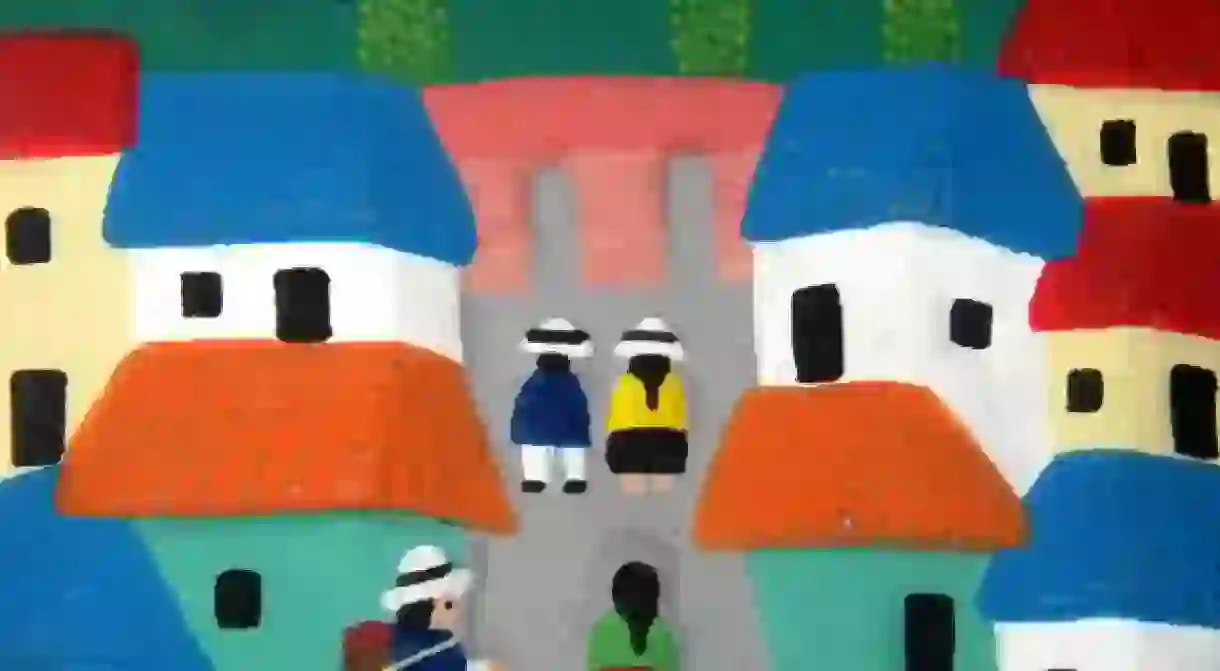'Latin American boom' re-examined

As familiar as the leading writers of the ‘Latin American boom’ are to international audiences, to consider them as simply ‘Latin American’ is to do an injustice. Here, we take a second look at three cross-generation Spanish-language writers from three different countries.

Spanish-language writers reach audiences around the world, their translated works entering into neighbourhood bookshops as well as school syllabi. Names like Gabriel Garcia Marquez, Mario Vargas Llosa, and Jorge Luís Borges are familiar even to non-literature majors. For many, Spanish literature brings to mind magical realism, the technique of juxtaposing the spectacular with the banal. As familiar as these writers are to international audiences, to consider them all ‘Latin American’ is to do an injustice. Here, we take a second look at three cross-generation Spanish-language writers from three different countries.
Jorge Luís Borges, Argentina, 1899-1986
Born in Buenos Aires to a cosmopolitan middle-class family with familial links to Spain and England. Borges spent much of his childhood surrounded by his father’s English books and living in Switzerland and Spain. Only as a young man, after having been exposed to anti-modernist Ultraist literary movement in Madrid, did Borges return to live in his native Argentina. Politically, he was anti-Communist, anti-Marxist, and lost his librarian position due to his criticism of Juan Perón. Borges’s translated works include The Aleph, The Book Of Sand and Shakespeare’s Memories, and Fictions.
Gabriel Garcia Marquez, Colombia, 1927-
Before receiving the 1982 Nobel Prize for Literature, before his name becoming synonymous with magical realism, and before being the defining figure of the ‘Latin American Boom’, Marquez grew up in the home of his grandparents. Here, his future identity was shaped by the stories of his veteran grandfather who knew ‘how much a dead man weighed’ and those of his highly superstitious grandmother who spoke of ghosts and omens as natural parts of life. These colourful characters would return in the fictionalised pages of Marquez’s One Hundred Years’ of Solitude along with events that shaped Colombian history, such as the Thousand Days War (his grandfather took part on the losing Liberal side).
Mario Vargas Llosa, Peru, 1936-
Vargas Llosa spent much of his childhood with his mother and her family in Bolivia after his parents separated; only at age ten did he meet his father. Like Marquez, Llosa trained first as a journalist before fictionalising his own life and experience within the context of Peruvian politics and society.The Time of the Hero, for example, is based on Vargas Llosa’s experiences in the Peruvian military training academy. Reflecting the cross-influence between these authors, Vargas Llosa wrote his doctoral dissertation on the works of Marquez (though their feud would later become tabloid fodder). Vargas Llosa’s other works include The Feast Of The Goat and The War of the End of the World, as well as his memoir, A Fish In The Water. He won the Nobel Prize for Literature in 2010.













